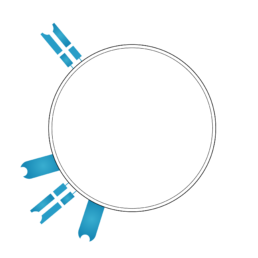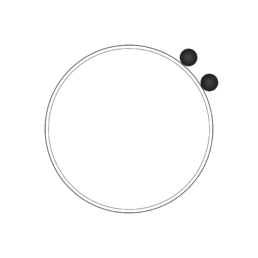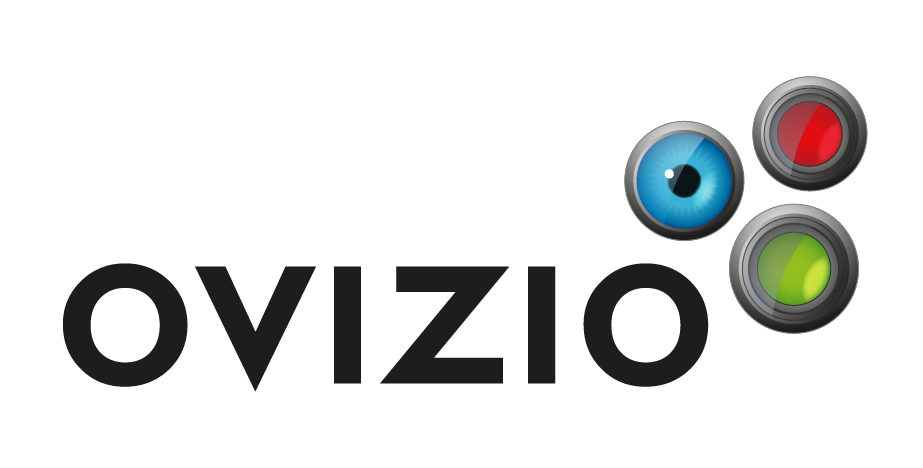Immune Cell Therapy

Chimeric antigen receptor (CAR) T-cell therapies are showing high response rates in patients worldwide, resulting in two products being approved by the US Food and Drug Administration in 2017. T cells from a patient are removed from the blood and engineered to express the CAR which reprograms the T cells to target the patient’s tumor cells.¹
In these autologous therapies, the challenges lie in the inherent variability of the starting materials, coupled with the need to maximize product consistency to produce a safe, pure and potent product. These challenges require the integration of strong safety and quality controls in the manufacturing process, assuring the suitability of the final product.²
Despite the various designs and distinctive tumor-specific scFvs, the manufacturing procedure for CAR-T cells remains consistent. The procedure encompasses T-cell source collection and processing followed by CAR-T cell preparation; the latter involves T-cell selection and/or activation, genetic modification with a CAR cDNA followed by large-scale expansion, and end-of-process formulation. In-process and quality control release testing are intimately coupled to the manufacturing process to ensure the integrity of the product. The removal of open handling, along with implementing closed culture systems, provides a reliable solution.
The iLine F analyzer with its patented technology, double differential digital holographic microscopy (D3HM), offers a quantitative imaging solution that allows T-cell monitoring in a large-scale expansion in a continuous, dye-free setup. Cell expansion takes place in bioreactors with closed tubing and connections, maintaining a sterile environment. There is no need for sampling (eliminating the risk of contamination) or waiting for results to be generated by an off-line counter or analyzer: results are available in almost real time and cover the duration of the culturing process.
Continuous in-process controls are possible via OPC (Open Platform Communications) and have been extensively cross-validated against multiple cell counting methods.
Our customers have reported that our iLine F analyzer:
- Accelerates process development and characterization.
- Improves process & product understanding through real-time attribute monitoring.
- Reduces process & product variability through feedback process control.
- Promotes closed cell therapy processing.
- Reduces COGs.

The iLine F analyzer and qMod camera can both be used for on-line, real-time monitoring during the expansion phase of the T cells and, also as a QC tool to check the residual concentration of beads in the release batch.

Our iLine F automated analyzer provides real-time tracking, in the bioreactor, of the morphological changes associated with T-cell activation, without interrupting the expansion process. Our double differential digital holography technology does not require dye or labeling, allowing the cells to continue their growth process unhindered.
References
(1) Towards a commercial process for the manufacture of genetically modified T cells for therapy. A D Kaiser et al. Cancer Gene Therapy 22, 72-78 (2015)
(2) Manufacturing Cell Therapies: The Paradigm Shift in Health Care of This Century. Rachel Haddock, et al. June 23, 2017
Need any technical help?
Please email us at support@ovizio.com
T: +32 2 600 50 90
E: info@ovizio.com
Ovizio Imaging Systems NV/SA
Av. Kersbeek 306
1180 Uccle / Belgium
Website by Monkeys not Donkeys
